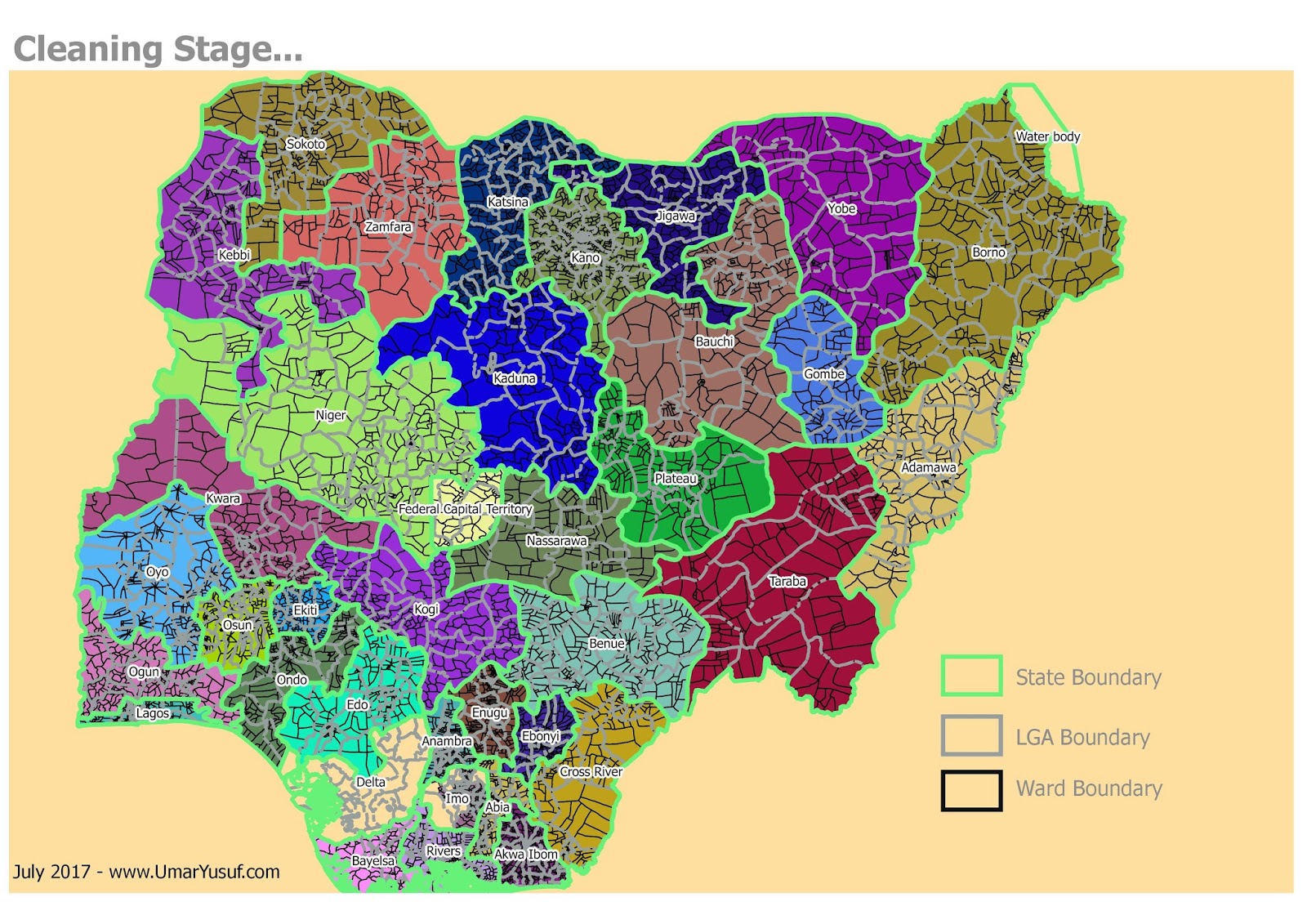The Vibrant Local Government Areas Of Nigeria: A Closer Look At LGA Nigeria
Nigeria is a country rich in diversity, culture, and history, and one of the notable administrative divisions that contribute to this vibrancy is the Local Government Area (LGA). Each LGA serves as a fundamental unit of governance, providing essential services and fostering community development. With over 700 LGAs spread throughout the 36 states and the Federal Capital Territory, these areas play a crucial role in shaping the lives of millions of Nigerians. Understanding the intricacies of LGA Nigeria is key to appreciating how local governance operates in this populous nation.
In Nigeria, the concept of Local Government Areas was established to bring governance closer to the people. This decentralization ensures that communities have a say in their administration and can participate in decision-making processes that affect their daily lives. The LGAs are responsible for a variety of functions, including education, healthcare, infrastructure development, and local economic development, making them instrumental in the nation's progress and development.
As we delve deeper into the world of LGA Nigeria, we will explore its significance, the challenges it faces, and its impact on the community. This article will answer some of the most pressing questions about LGAs in Nigeria and provide a comprehensive understanding of their role in the governance structure of the country.
What is the Structure of LGA Nigeria?
The structure of LGA Nigeria is designed to promote grassroots governance and empower local communities. Each LGA is headed by an elected chairman and a council made up of elected councilors. This structure is essential for ensuring that the voices of local residents are heard and considered in the development agenda of the area. The councilors represent various wards within the LGA, further enhancing community representation.
How are LGAs Funded?
Funding for LGAs primarily comes from federal allocations, state government grants, and internally generated revenue. The federal government allocates a percentage of the national revenue to LGAs to support their functions and development projects. Additionally, LGAs can also generate funds through taxes, levies, and other local revenue sources.
- Federal allocations
- State government grants
- Internally generated revenue
Why are LGAs Important for Local Development?
LGAs are vital for local development as they serve as the closest government units to the people. They are responsible for implementing policies and programs that directly affect the lives of residents. By addressing local issues such as road maintenance, waste management, and health services, LGAs contribute to enhancing the quality of life for the communities they serve.
What Challenges Do LGAs Face in Nigeria?
Despite their importance, LGAs in Nigeria face numerous challenges that hinder their effectiveness. Some of the key challenges include inadequate funding, corruption, lack of infrastructure, and limited capacity to implement projects. These issues can lead to poor service delivery and disillusionment among the populace.
How Can LGAs Improve Service Delivery?
To enhance service delivery, LGAs must adopt innovative approaches to governance. This includes embracing technology for transparency, engaging citizens in decision-making processes, and fostering partnerships with non-governmental organizations. By prioritizing accountability and community involvement, LGAs can rebuild trust and effectively meet the needs of their constituents.
What Role Do Citizens Play in LGA Governance?
Citizens play a crucial role in LGA governance by participating in elections, voicing their concerns, and holding local leaders accountable. Community engagement is essential for ensuring that LGAs address the needs of the people effectively. By being proactive and involved, citizens can contribute to the overall development of their communities.
Conclusion: The Future of LGA Nigeria
The future of LGA Nigeria hinges on the commitment of local leaders and citizens to work together for the common good. By addressing the challenges they face and implementing effective strategies for governance, LGAs can fulfill their mandate of promoting local development and enhancing the quality of life for their communities. As Nigeria continues to evolve, the role of LGAs will remain pivotal in shaping a brighter future for all.
Unraveling The Mystery: Who Is Lil Dicky’s Girlfriend?
Unveiling The Measurements: Lisa Boothe Height And Weight
Tinkerbell's Magical Movie Journey: A Comprehensive Tinkerbell Movie List


